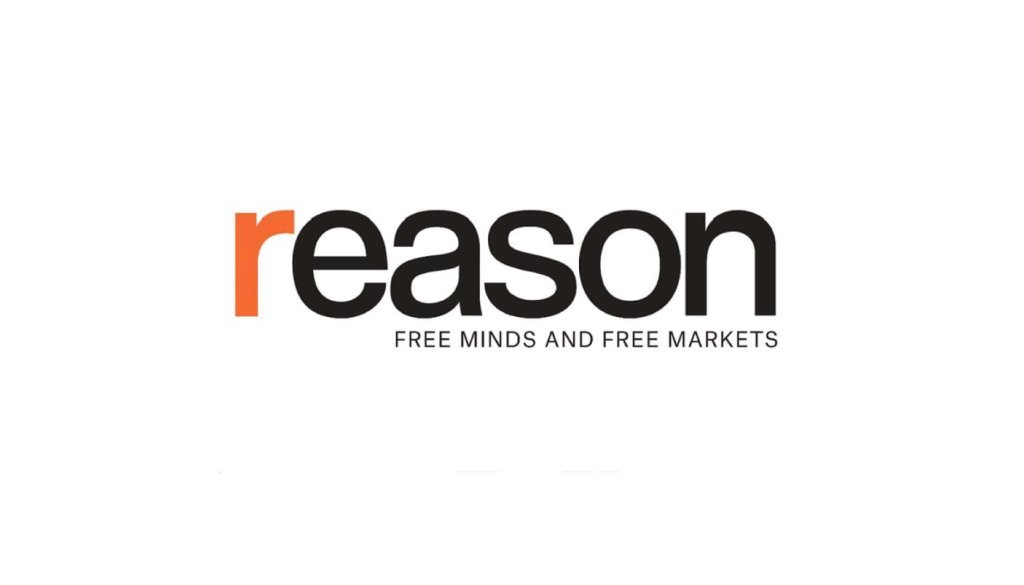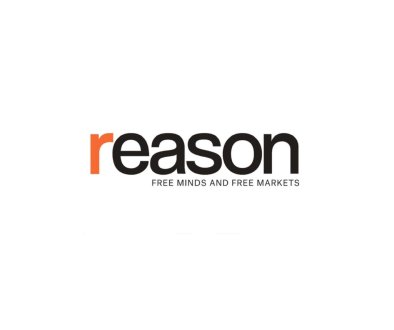Trump Mounts a ‘Direct Assault on the First Amendment’ by Portraying Journalism As Consumer Fraud
A month before the presidential election, 60 Minutes aired an interview with the Democratic nominee, Vice President Kamala Harris, that was edited to make her response to a question about Israel “more succinct,” as the show’s producers put it. But Donald Trump, then the Republican nominee and now the president-elect, complained that “her REAL ANSWER WAS CRAZY, OR DUMB, so they actually REPLACED it with another answer in order to save her or, at least, make her look better.” As Trump saw it, that was “A FAKE NEWS SCAM, which is totally illegal.”
How so? According to a lawsuit that Trump filed against CBS in the U.S. District Court for the Northern District of Texas on October 31, the editing of the Harris interview violated that state’s Deceptive Trade Practices Act, causing him “at least” $10 billion in damages. A lawsuit that Trump filed against The Des Moines Register this week follows the same playbook, claiming that the newspaper’s coverage of an inaccurate presidential poll violated Iowa’s Consumer Fraud Act.
In both cases, Trump implausibly describes news reporting as “election interference” that constitutes consumer fraud because it misleads viewers or readers. It is hard to overstate the threat that such reasoning, which seeks to transform journalism that irks Trump into a tort justifying massive damage awards, poses to freedom of the press.
Although neither lawsuit is likely to make much headway, the cost of defending against such litigation is apt to have a chilling effect on journalism, which is what Trump wants. “We have to straighten out the press,” he told reporters on Monday, explaining his motivation in suing CBS and the Register.
The lead defendant in the latter case, which was originally filed in the Iowa District Court for Polk County but has been transferred to the U.S. District Court for the Southern District of Iowa, is pollster J. Ann Selzer, who conducted a pre-election voter survey for the Register that indicated Harris had a small lead over Trump in Iowa. According to that poll, which was released on the Saturday before the election, 47 percent of Iowa voters favored Harris, compared to 44 percent for Trump. Those results proved to be off by more than a little: Trump won Iowa by a 13-point margin.
The Register reported the poll results three days before the election under the headline “Iowa Poll: Kamala Harris Leapfrogs Donald Trump to Take Lead Near Election Day.” Reporter Brianne Pfannenstiel began the story this way: “Kamala Harris now leads Donald Trump in Iowa—a startling reversal for Democrats and Republicans who have all but written off the state’s presidential contest as a certain Trump victory.” Pfannenstiel quoted Selzer, who said: “It’s hard for anybody to say they saw this coming. She has clearly leaped into a leading position.”
The poll, Pfannenstiel reported, “shows that women—particularly those who are older or who are politically independent—are driving the late shift toward Harris.” Selzer amplified that point, saying “age and gender are the two most dynamic factors that are explaining these numbers.”
Trump was outraged by the poll. “It’s called suppression,” he said at a rally in Pennsylvania the day after the Register ran Pfannenstiel’s story. Selzer questioned that take. “I think this poll stands a good chance of motivating Republicans to get out and vote,” she told the Register. “They may have thought they’d win easily. So it’s hard to think it’s suppression.” But Trump was sure that a poll suggesting Harris was ahead by a few points would discourage his supporters from voting. “They suppress,” he said at the rally. “And it actually should be illegal.”
In fact, it was illegal, Trump’s lawsuit argues. It says publication of the erroneous poll’s surprising results, which generated wide news coverage, amounted to “brazen election interference” that violated the Iowa Consumer Fraud Act.
That law prohibits “a person” from engaging in “a practice or act” that he “knows or reasonably should know is an unfair practice, deception, fraud, false pretense, or false promise, or the misrepresentation, concealment, suppression, or omission of a material fact, with intent that others rely upon the unfair practice, deception, fraud, false pretense, false promise, misrepresentation, concealment, suppression, or omission in connection with the advertisemen
Article from Reason.com

The Reason Magazine website is a go-to destination for libertarians seeking cogent analysis, investigative reporting, and thought-provoking commentary. Championing the principles of individual freedom, limited government, and free markets, the site offers a diverse range of articles, videos, and podcasts that challenge conventional wisdom and advocate for libertarian solutions. Whether you’re interested in politics, culture, or technology, Reason provides a unique lens that prioritizes liberty and rational discourse. It’s an essential resource for those who value critical thinking and nuanced debate in the pursuit of a freer society.



